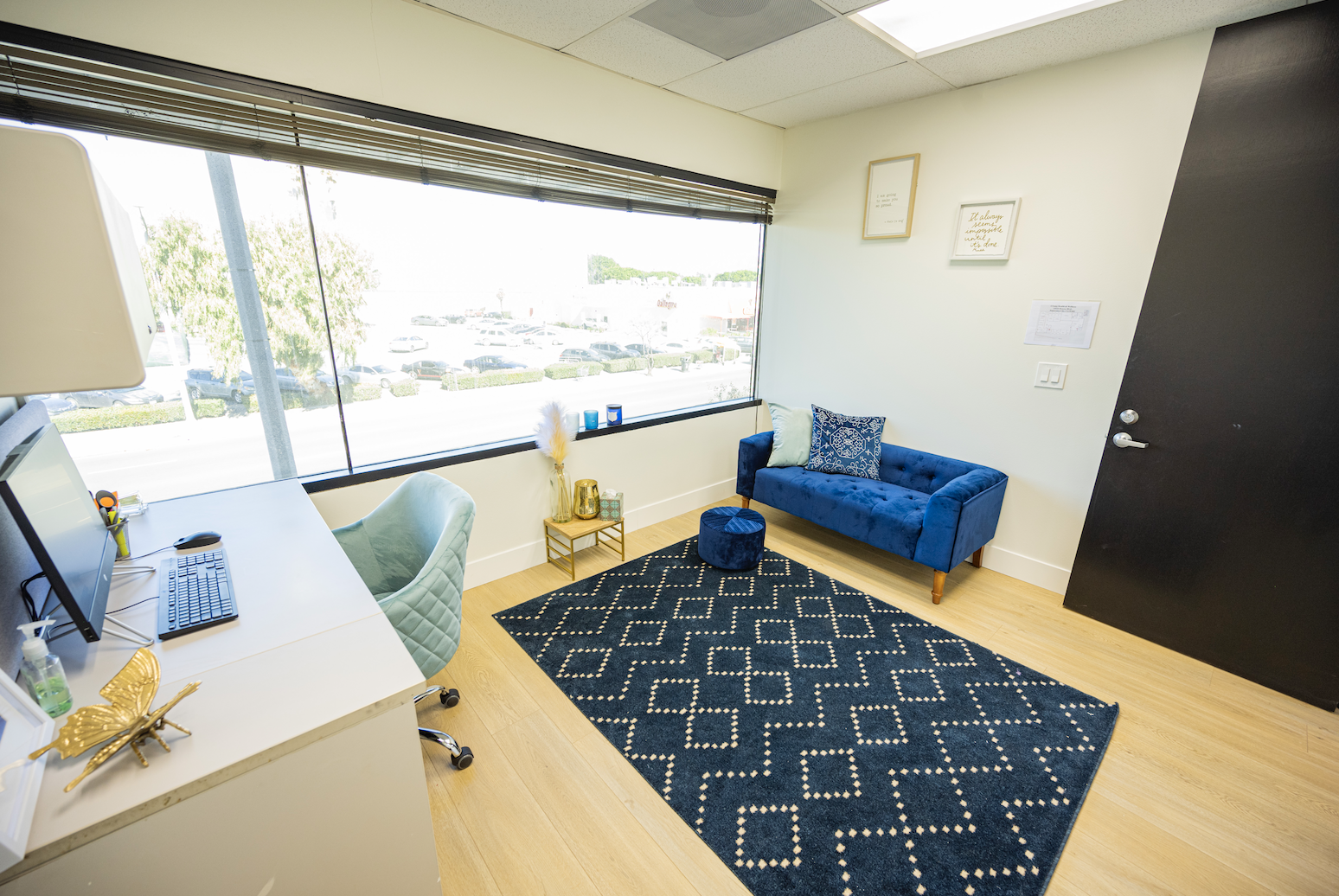
Treatments
At Civana Treatment Center, we understand that life can be difficult when facing unresolved trauma or mental health issues, such as depression, anxiety, PTSD & Bipolar Disorder.
HOW WE HELP YOU HEAL
Spravato
Spravato works by targeting the brain's glutamate system, which is involved in mood regulation, and is thought to produce a rapid antidepressant effect.
Transcranial Magnetic Stimulation
Transcranial Magnetic Stimulation (TMS) is a non-invasive medical procedure that uses magnetic fields to stimulate nerve cells in the brain.
Vivitrol
Vivitrol is intended to be used as part of a comprehensive treatment program that may include counseling, support groups, and other therapies.
Schizophrenia Spectrum and Other Psychotic Disorders
Schizotypal Disorder
Delusional Disorder
Brief Psychotic Disorder
Schizophreniform Disorder
Schizophrenia
Schizoaffective Disorder
Substance/Medication-Induced Psychotic Disorder
Psychotic Disorder Due to Another Medical Condition
Bipolar and Related Disorders
Bipolar I Disorder & Bipolar II Disorder
Depressive Disorders
Disruptive Mood Dysregulation Disorder
Major Depressive Disorder
Persistent Depressive Disorder
Premenstrual Dysphoric Disorder
Substance/Medication-Induced Depressive Disorder
Anxiety Disorders
Separation Anxiety Disorder
Selective Mutism
Specific Phobia
Social Anxiety Disorder
Panic disorder
Generalized Anxiety Disorder
Substance/Medication-Induced Anxiety Disorder
Obsessive-Compulsive and Related Disorders
Obsessive-Compulsive Disorder
Body Dysmorphic Disorder
Hoarding Disorder
Trichotillomania (Hair-pulling Disorder)
Excoriation (skin-picking) Disorder
Substance/Medication-Induced Obsessive-Compulsive and Related Disorder
Trauma-and Stressor-Related Disorders
Postraumatic Stress Disorder
Acute Stress Disorder
Adjustment Disorder
Other Specified Trauma-and Stressor-Related Disorder
Unspecified Trauma-and Stressor-Related Disorder
Dissociative Disorders
Dissociative Identity Disorder
Dissociative Amnesia
Depersonalization/Derealization Disorder
Somatic Symptom and Related Disorders
Somatic-Symptom Disorder
Illness Anxiety Disorder
Feeding and Eating Disorders
Pica
Rumination Disorder
Avoidant/Restrictive Food Intake Disorder
Anorexia Nervosa
Bulimia Nervosa
Binge-Eating Disorder
Sleep-Wake Disorders
Insomnia
Hypersomnolence Disorder with Mental Disorder
Disruptive, Impulse-Control, and Conduct Disorders
Intermitent Explosive disorder
Kleptomania
Paraphilic Disorder
Personality Disorders
Cluster A Personality Disorders
Cluster B Personality Disorders
Cluster C Personality Disorders
Other Mental Disorders
Relationship Problems
Other Problems Related to Primary Support Group
Abuse and Neglect
Spouse or Partner Violence (Sexual, Neglect, Psychological)
Gender Dysmorphia
Substance-Related and Addiction Disorders
Alcohol-Related Disorders
Cannabis-Related Disorders
Hallucinogen-Related Disorders
Inhalant-Related Disorders
Opioid-Related Disorders
Sedative-,Hypo-tic, or Anxiolytic-Related Disorders
Stimulant-Related Disorders
Other (or Unknown) Substance-Related Disorders
Non-Substance-Related Disorder (Gambling Disorder)
FAQs
-
Deciding on the right drug and alcohol rehabilitation program can be a daunting task. Inpatient rehabs are intensive residential programs that provide around-the-clock care, but they may not be the best fit for everyone. Outpatient drug rehab is a less restrictive option that is popular and often preferred by those who cannot afford or do not wish to maintain an apartment during treatment. Outpatient programs typically require clients to attend 1-3 days per week for a maximum of 90 days, in addition to any detoxification medications prescribed. These programs offer a flexible, part-time commitment that can be beneficial for those looking to recover faster
-
Intensive outpatient programs (IOPs) are a suitable alternative to residential treatment for those who do not require detoxification or constant supervision. These programs allow patients to continue their normal daily routines while receiving necessary addiction or mental health care from trained professionals on site. IOPs offer the same level of care as inpatient treatment, but with the added convenience and flexibility of outpatient services.
-
For some individuals struggling with drug and alcohol issues, the desire to remain sober is strong but they still need support. Outpatient drug rehab programs in LA, such as Civana Treatment Center, offer flexible treatment options that allow clients to attend sessions at various times throughout the week without disrupting their work or home life. It is common for clients in outpatient settings to continue living their lives while participating in counseling, and treatment simply involves checking into rehab as needed.











